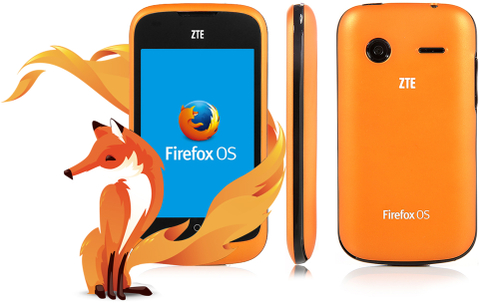Firefox has killed its smartphone plans, choosing to focus its operating system on the Internet of Things after a tepid response to the handsets.
The initiative was launched to great fanfare during Mobile World Congress in February 2013 by Telefónica Digital and Mozilla, the company behind the Firefox web browser.
The project, which aimed to use HTML5-based applications to build low-cost smartphones, gained initial support from Deutsche Telekom, Etisalat, Smart, Sprint, Telecom Italia, Telefónica, and Telenor. By December 2014, 14 operators across 28 countries were selling Firefox-based devices.
However, the consumer response to the devices was weak, amid continuing aggression from Chinese players like Huawei and Xiaomi.
Carlos Domingo, the former Telefónica Digital exec who led the project, tweeted this week: “[Mozilla] did not manage [to] get the right and necessary telco support so eventually [it] died. Time to move on. That’s innovation.”
Domingo now works for the Middle East operator du.
In a statement on Mozilla’s blog, Ari Jaaksi, Senior Vice-President for Connected Devices, said it will switch its smartphone focus to the IoT.
He said: “We will prototype this future starting right now using technologies developed as part of the Firefox OS project to give us a kick start.
“We will make space for this exploration by stopping our work to build and ship smartphones through carrier partners.
“We will explore and prototype new use cases in the world of connected devices as an open source project with a clear focus on the user benefit and experience.”



